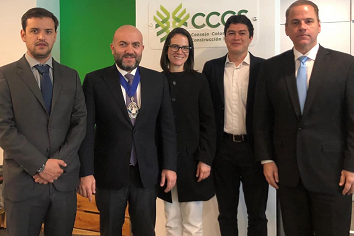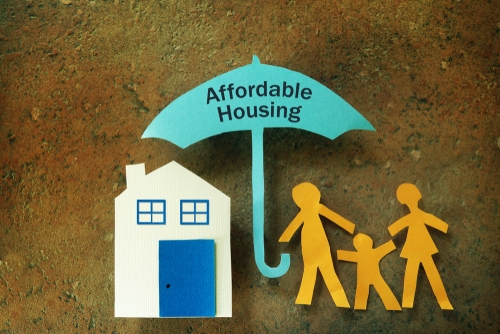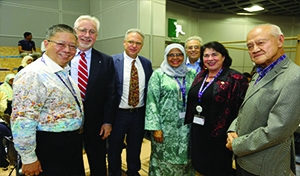

Global union generated by the pandemic will foster sustainable multinational initiatives
UN, FIABCI, and other entities come together for a green agenda, generating benefits for various sectors
Our generation lives a thunderous and sad experience that puts to the test all the ideals of citizenship and humanity. The Covid-19 pandemic forced nations, companies, and individuals to set aside their own interests to collaborate in the fight against the virus and the development of vaccines. When this sad scenario passes - and we must hope that it will happen soon - we must be able to use this model of global collaboration to move forward on agendas that are also of great relevance to the survival of this planet in the way we know it.
After all, how can we finally awaken people and institutions to the cause of sustainability and climate change in general? How can we overcome together the tasks and challenges that are imposed on the path of lasting success for the so-called “green policies”?
One of the answers is to support and encourage the work of entities such as FIABCI, which strive, in partnership with other entities, to promote policies and initiatives that bring their core business closer to the green agenda.
FIABCI International became part of the United Nations in 1955, constituted as a non-governmental and non-profit organization, whose objective was to join the global dialogue. In 1988, the federation promised to "establish the defense of the preservation of the environment in our industry". Thus, a team of leaders of the entity joined the United Nations Conference on Environment and Development in June 1992, held in Rio de Janeiro and highlighted by leaders around the world. The following year, former FIABCI World President Glyn Ing (88-89), from Taiwan, produced a “Green Book” to guide the actions of the entity and its members.
The global real estate sector should not shy away from sustainable policies, which increasingly improve the way they work, reducing the impacts generated by any and all economic activity on the planet. The built environment is an important part of global GDP. Therefore, we must be engaged in solving sustainable and climatic problems.
For over 40 years, I have been working with a focus on sustainable solutions for the real estate sector. In this regard, I was part of the FIABCI World Legislation and Environment Committee in 2004, through which I promoted global efforts with institutions and universities to reinforce the importance of water preservation in the sector.
In the same period, I worked as a FIABCI representative at the UN, always betting on initiatives that relate the importance of water not only to the real estate market but also to the development of sustainable cities that manage to produce and sustain positive rates on several fronts.
In 2008, together with the ex-president of FIABCI International Flávio Nunes, I was part of the Federation's Legislation and Environment Committee in São Paulo. We organized an Eco Film Festival in Amsterdam, the Netherlands, under the theme “Water and its relationship with the real estate market”, with the participation of university students from all over the world.
In December 2020, I was elected president of International Organizations at FIABCI. As we seek to reopen the world after the global pandemic, we question what is in our future. I believe that the biggest rewards in the next two years will come from reconnecting with the strong business networks in our own countries and from building our own initiatives to develop sustainable actions to be shared with other colleagues around the world.
The pandemic has brought about many inequalities in our social structure. It is time to come together to face local and global challenges. We all have the opportunity to develop sustainable projects that reinforce the importance of water and the environment to the real estate sector as a whole, exploring the benefits that will arise from these solutions in the medium and long term.
Elizabeth Belenchia
President of International Organizations at FIABCI
Article originally published by FIABCI-Brasil in the newspaper O Estado de S. Paulo: https://www.fiabci.com.br/website/waUpload/130400113042021095805.jpg


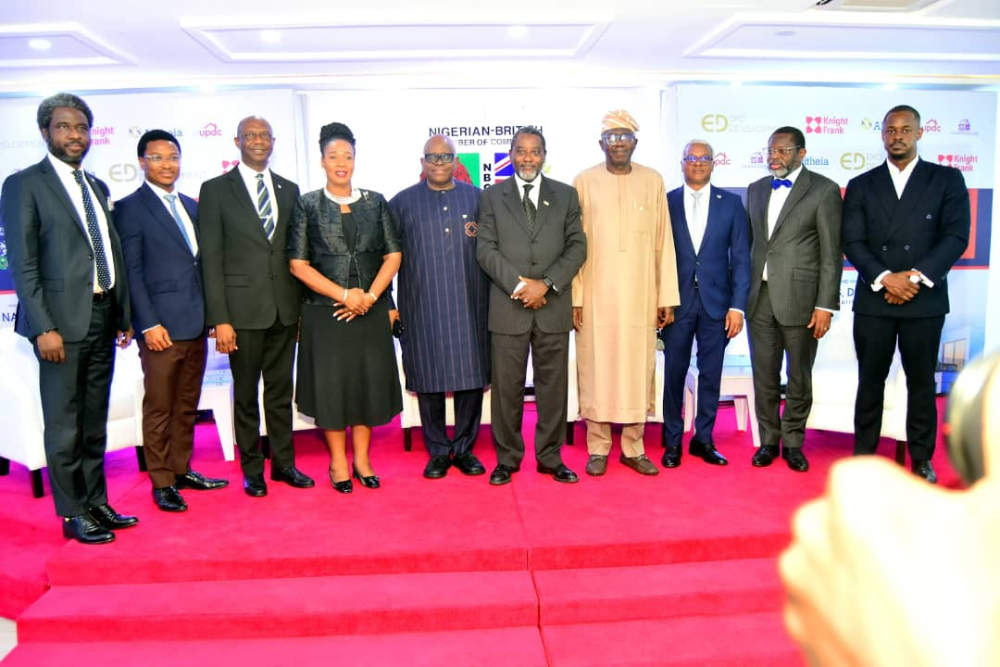
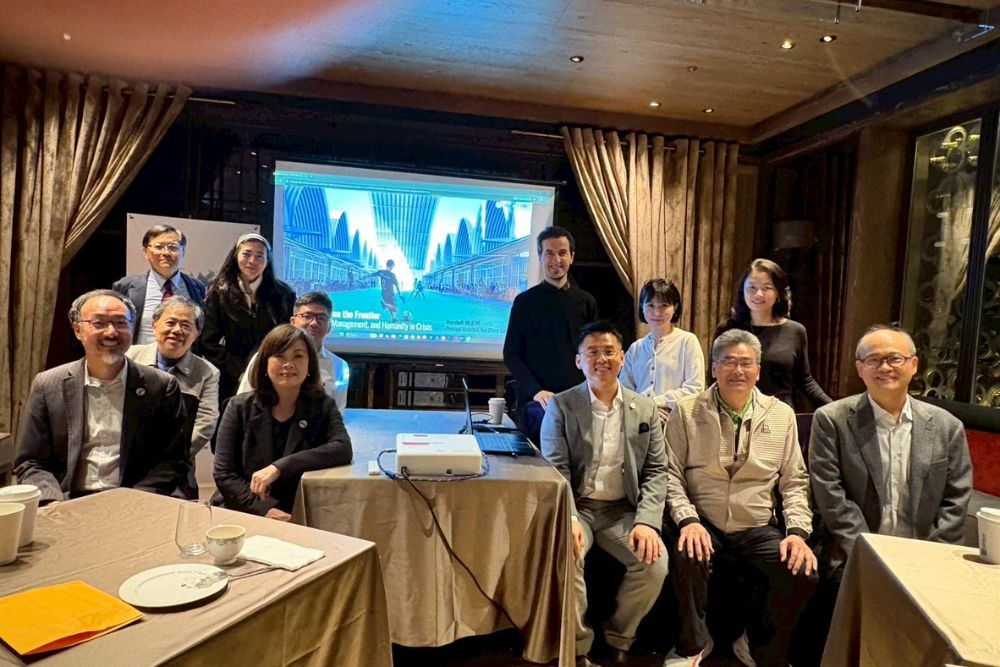
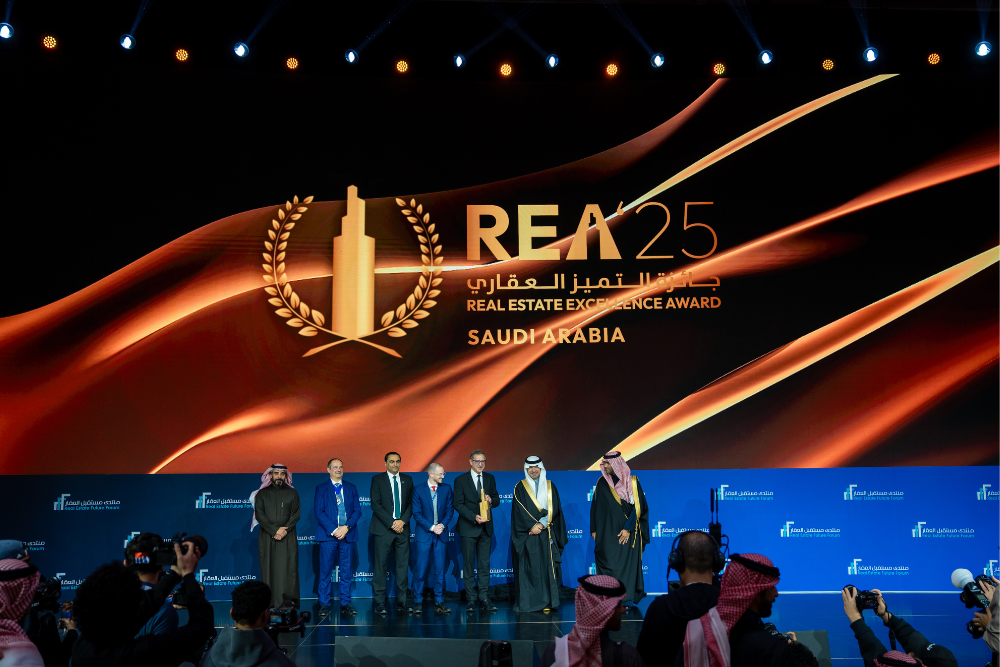
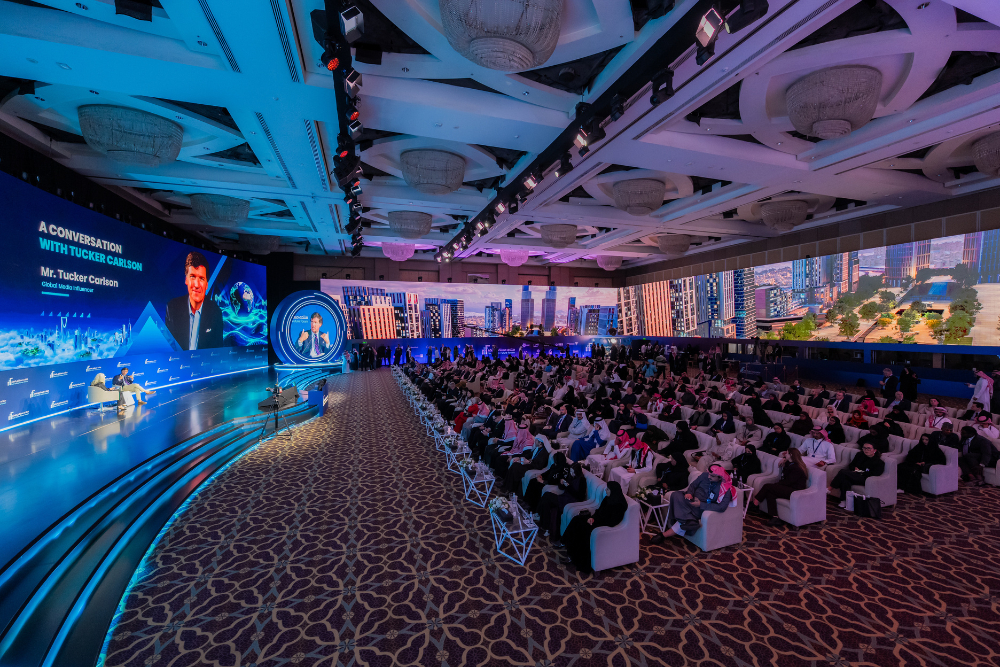
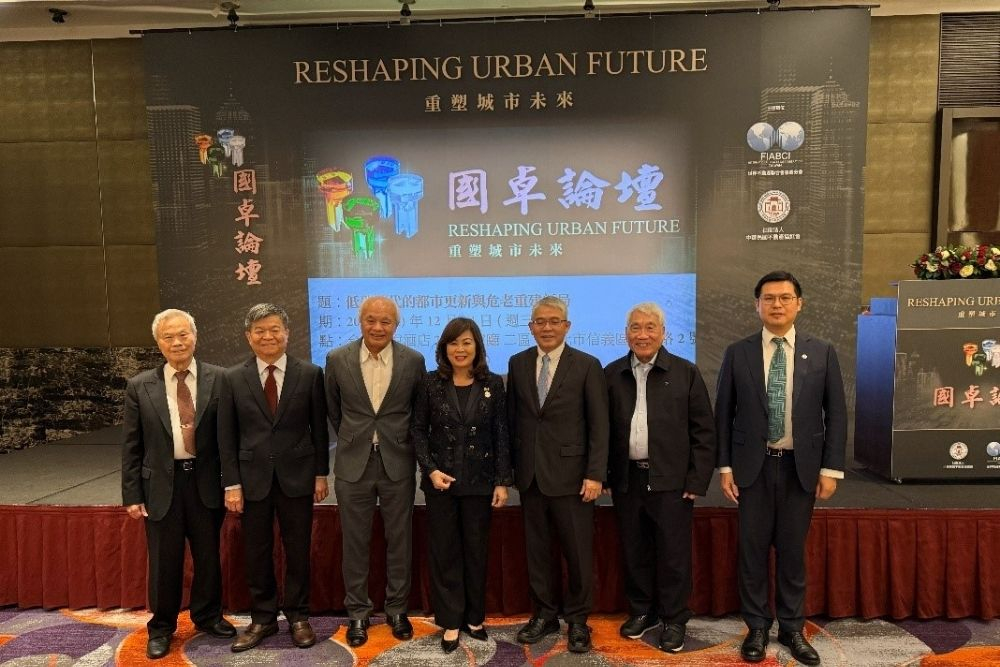
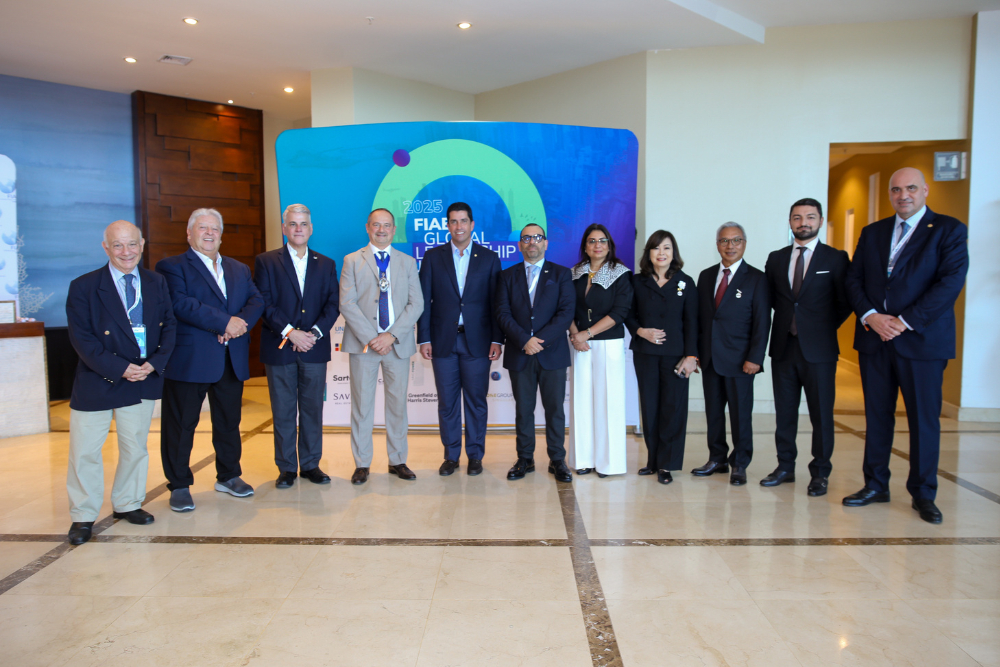
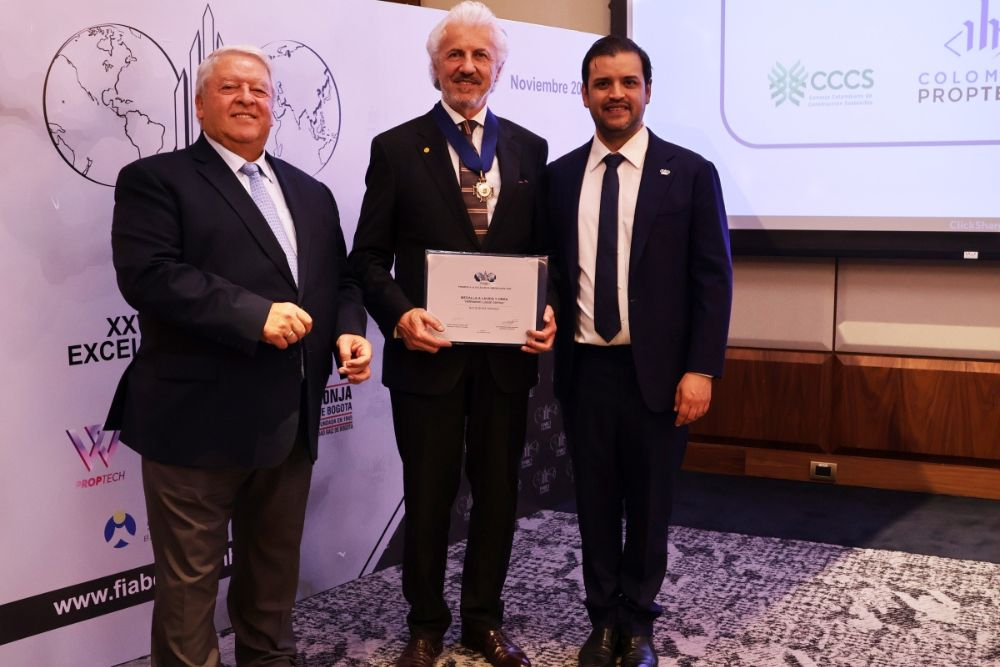
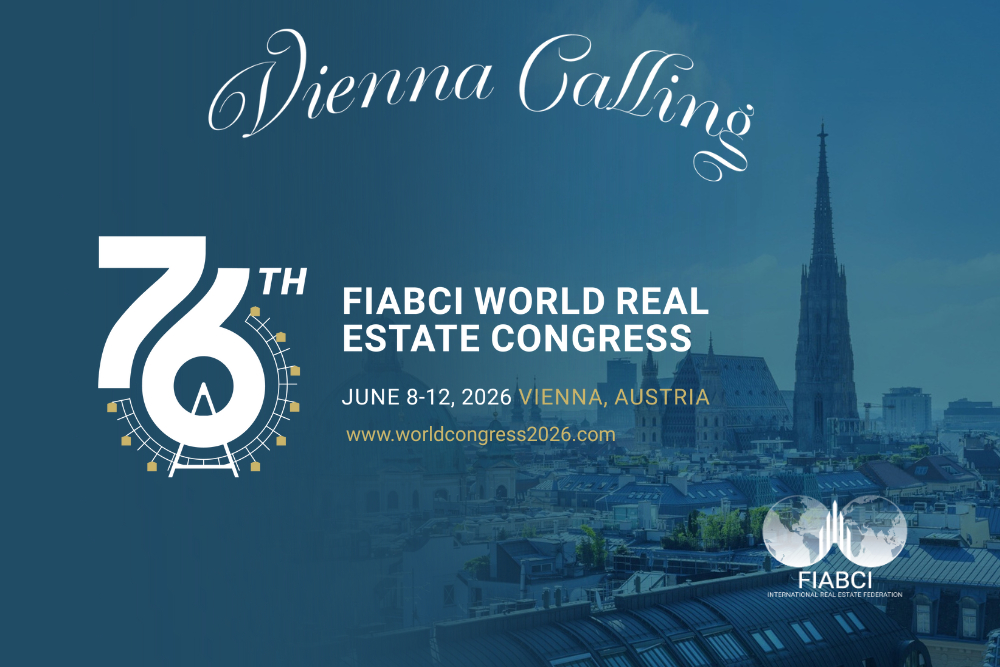
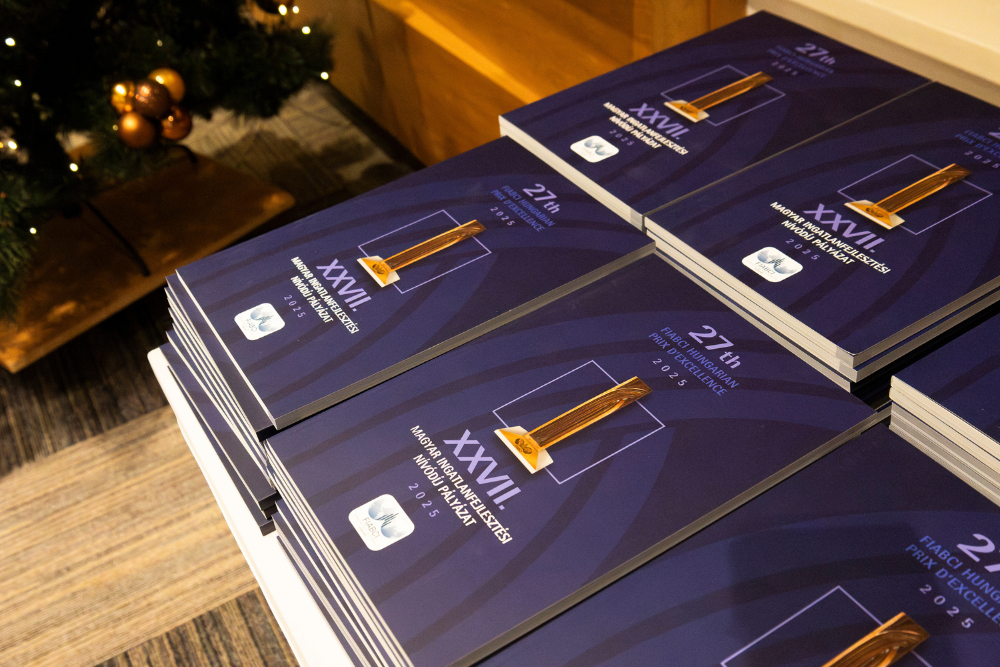
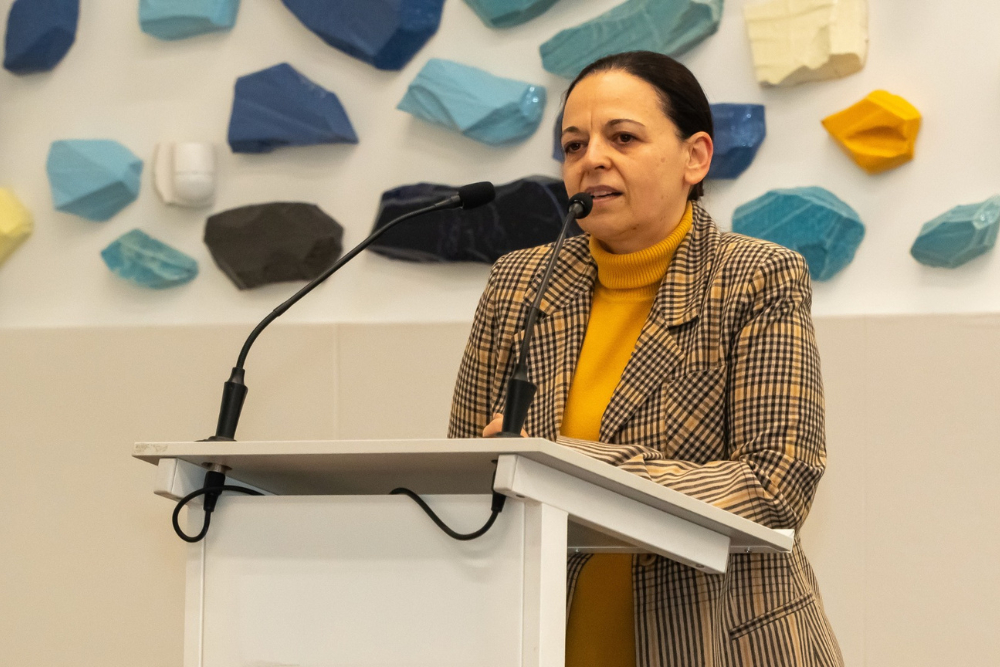



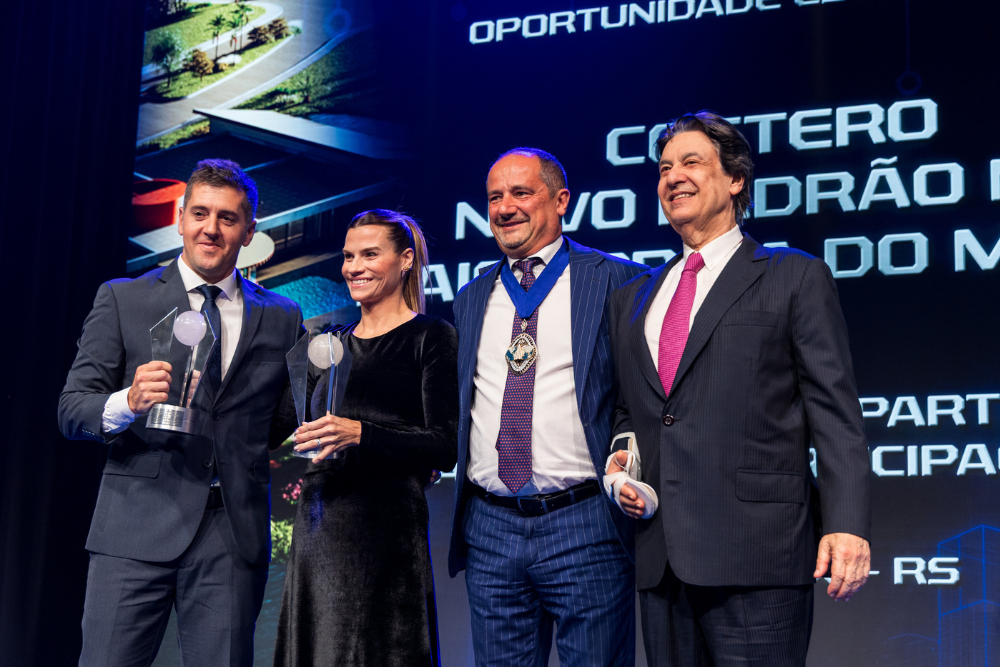
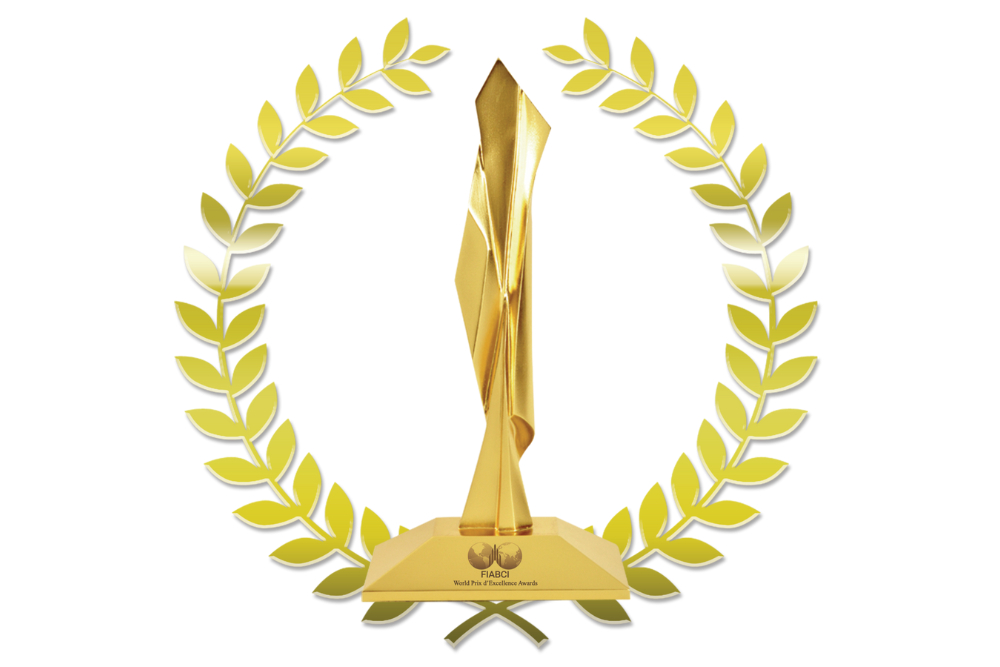
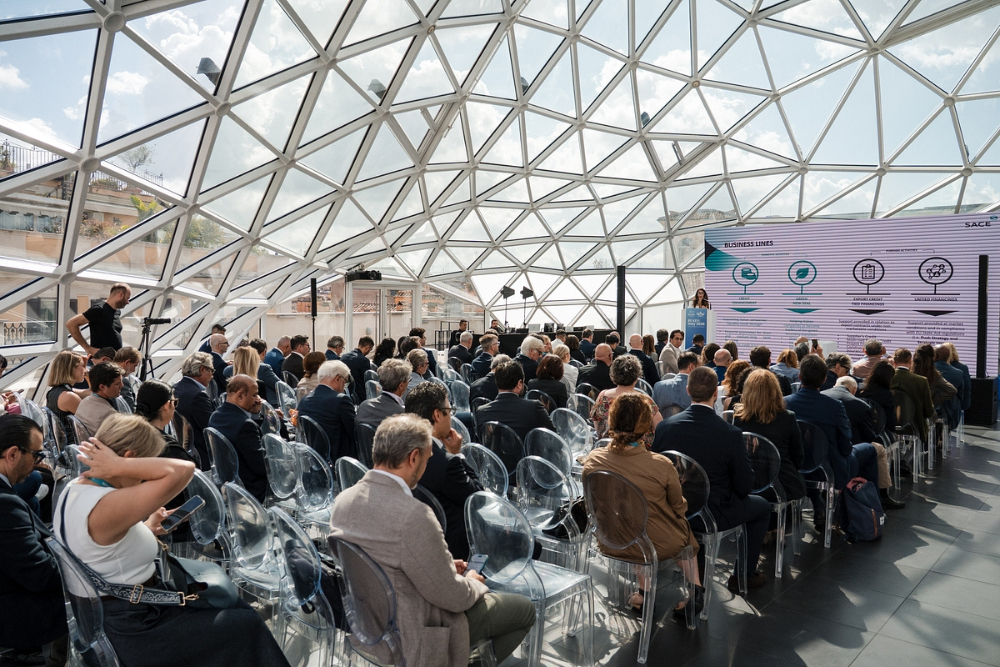
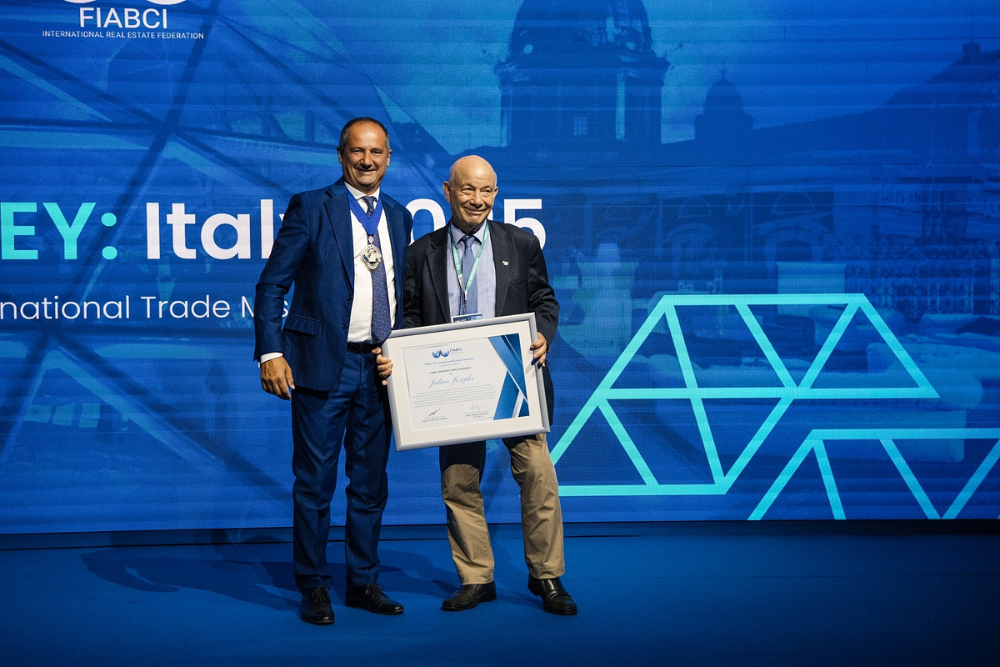
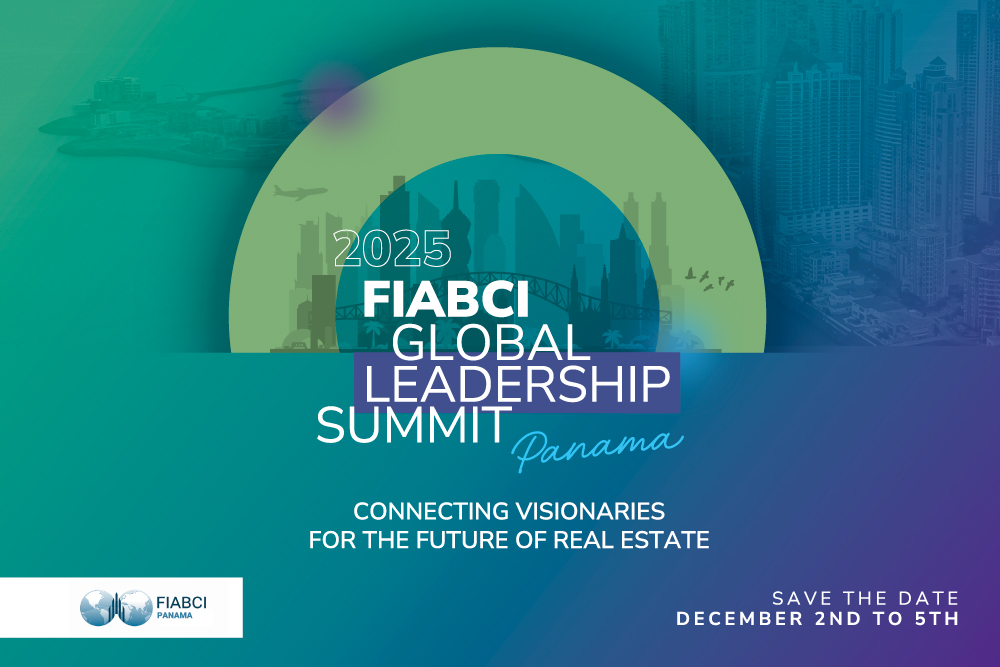
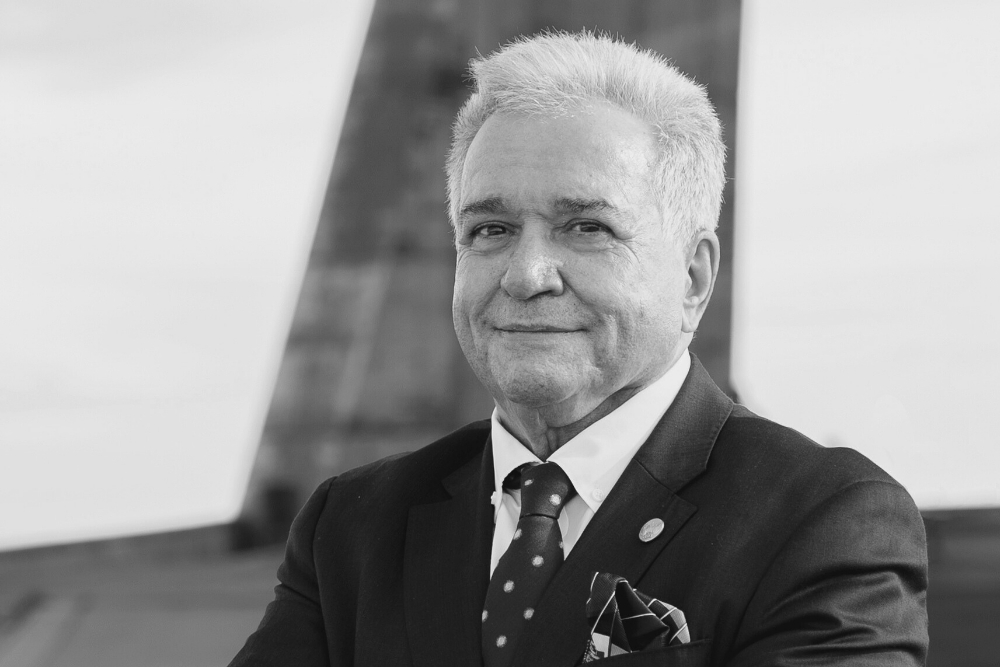
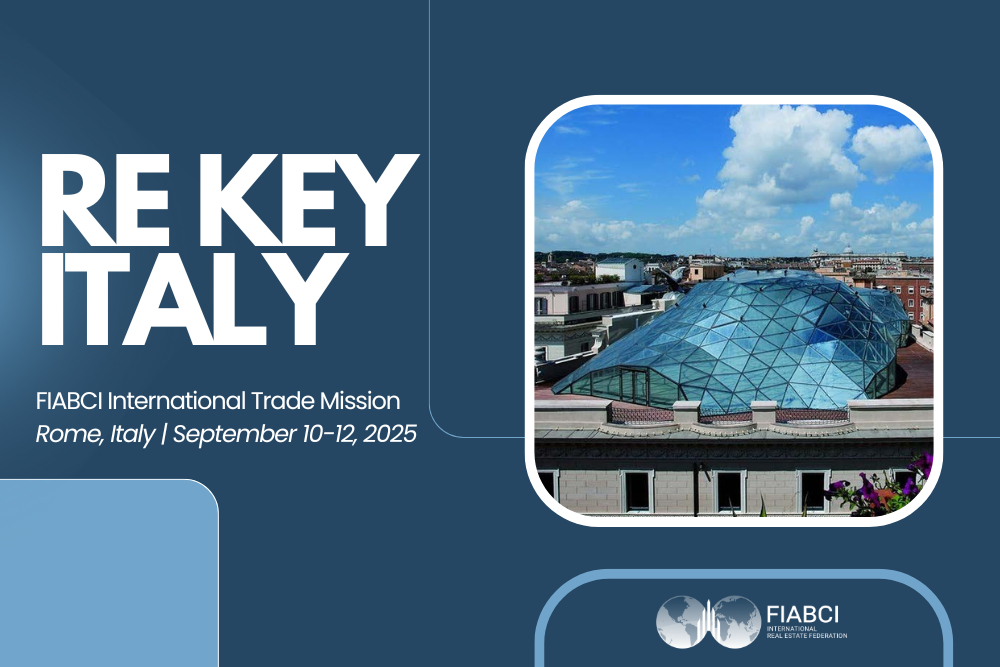
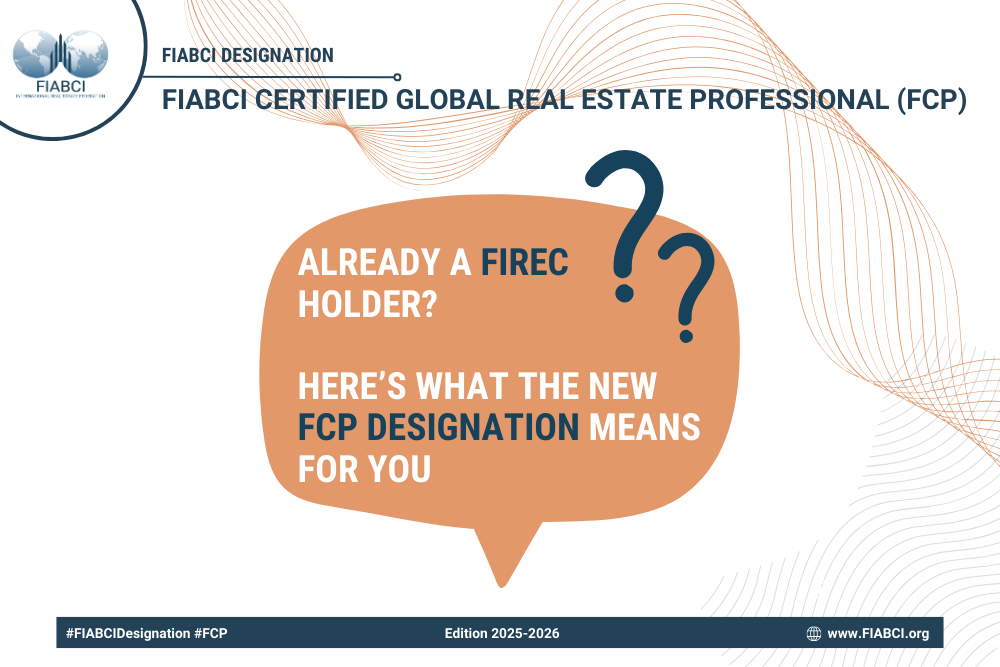
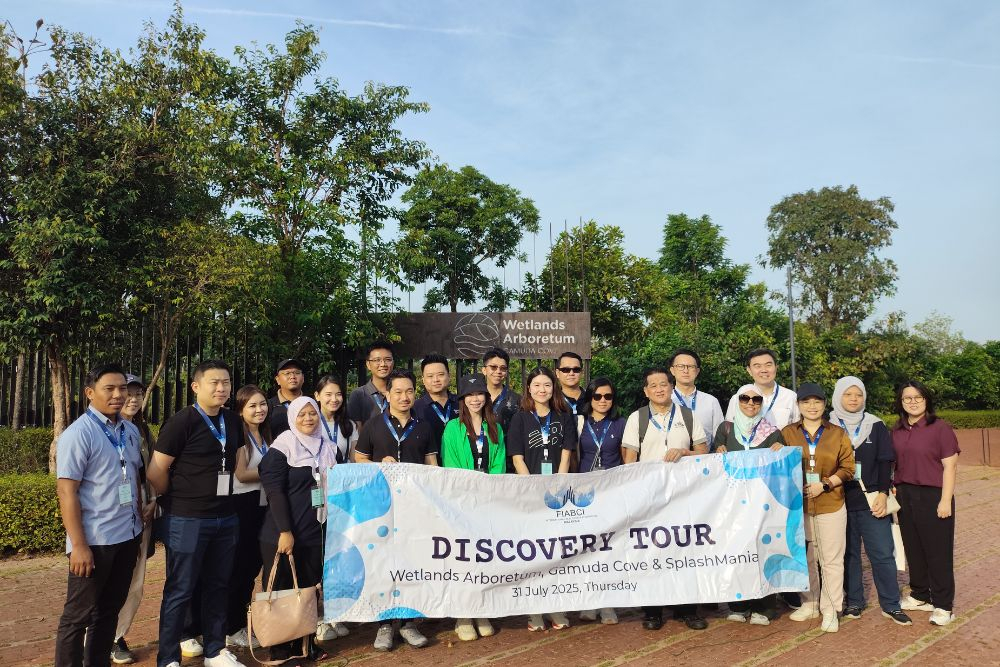
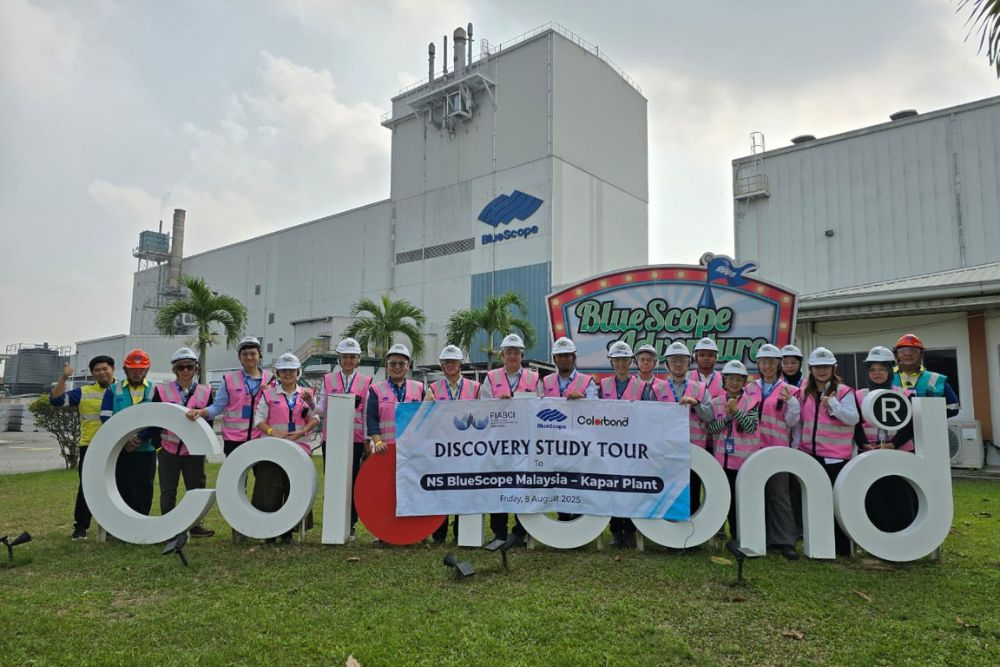
























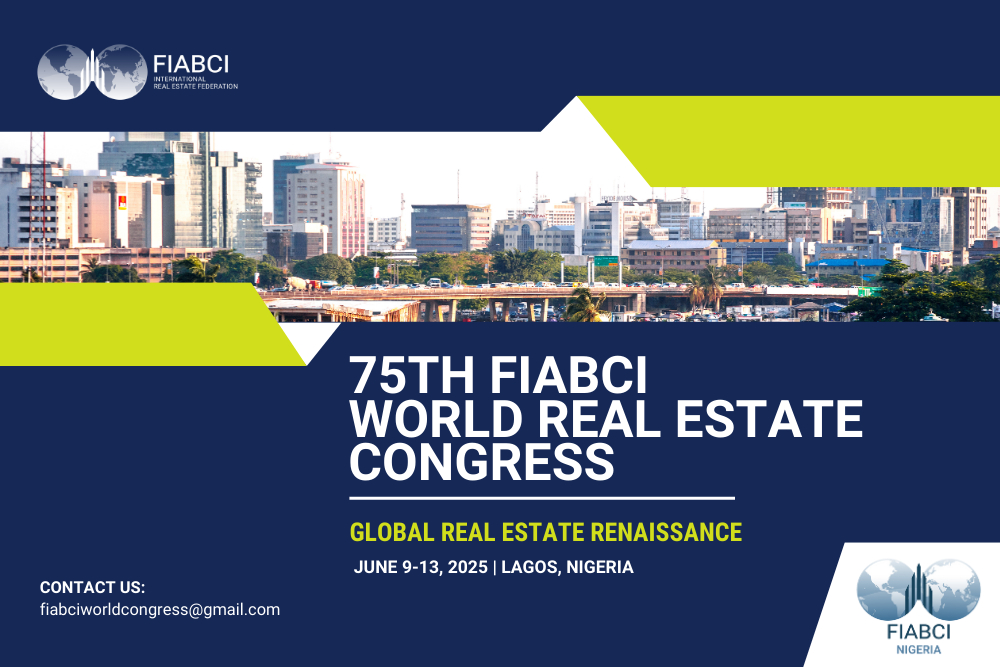










































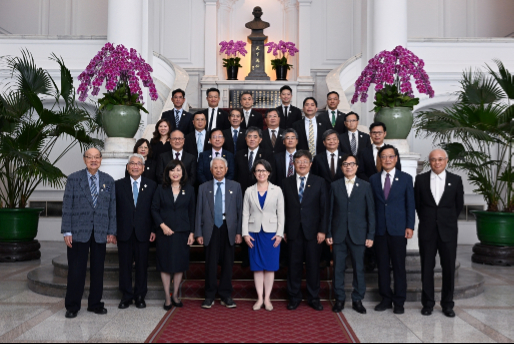













































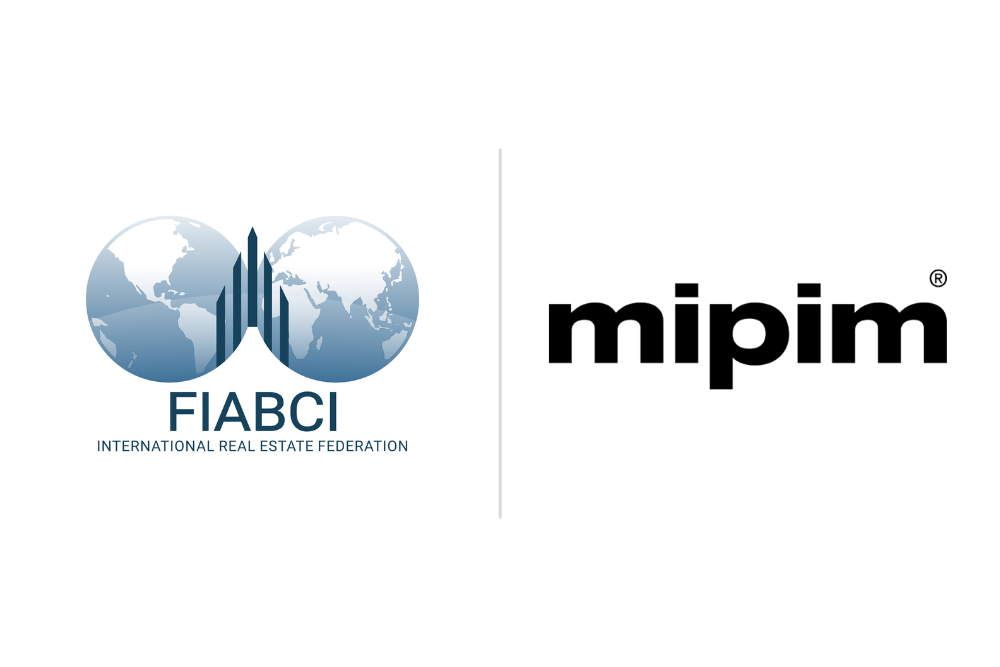




















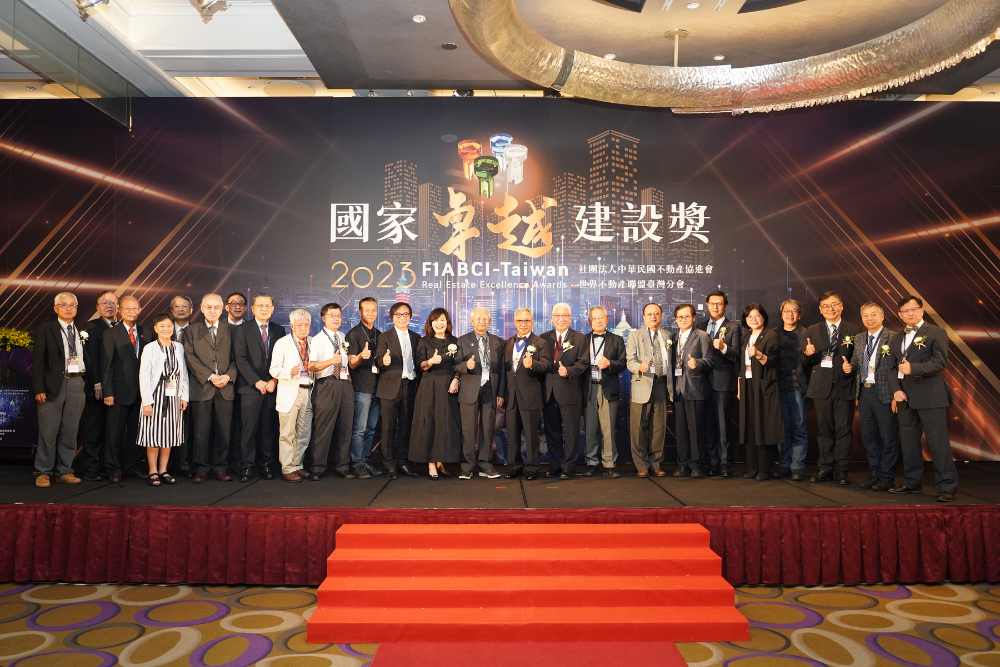







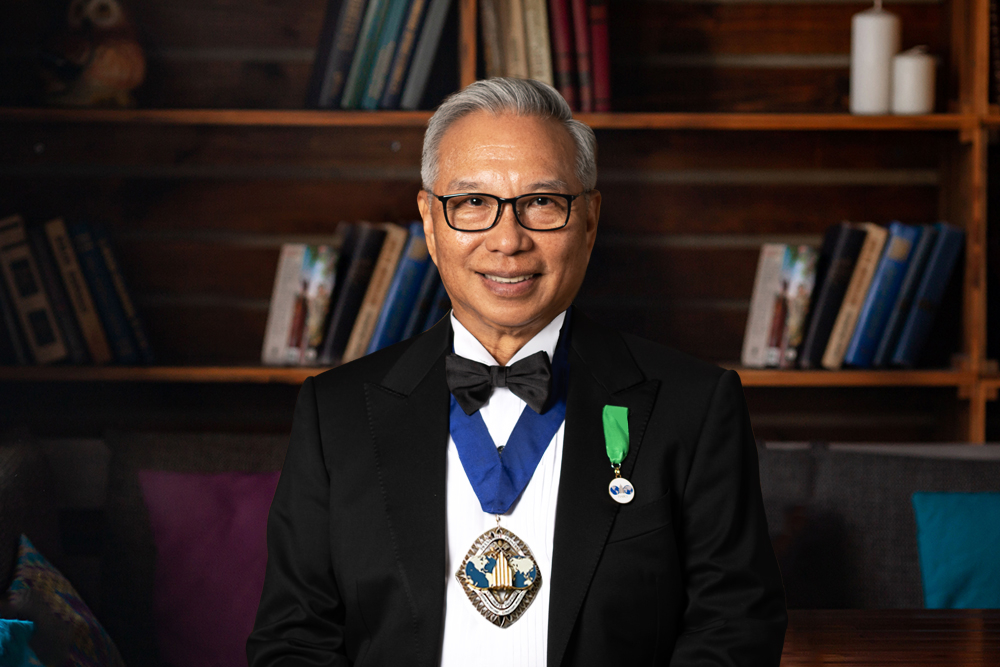























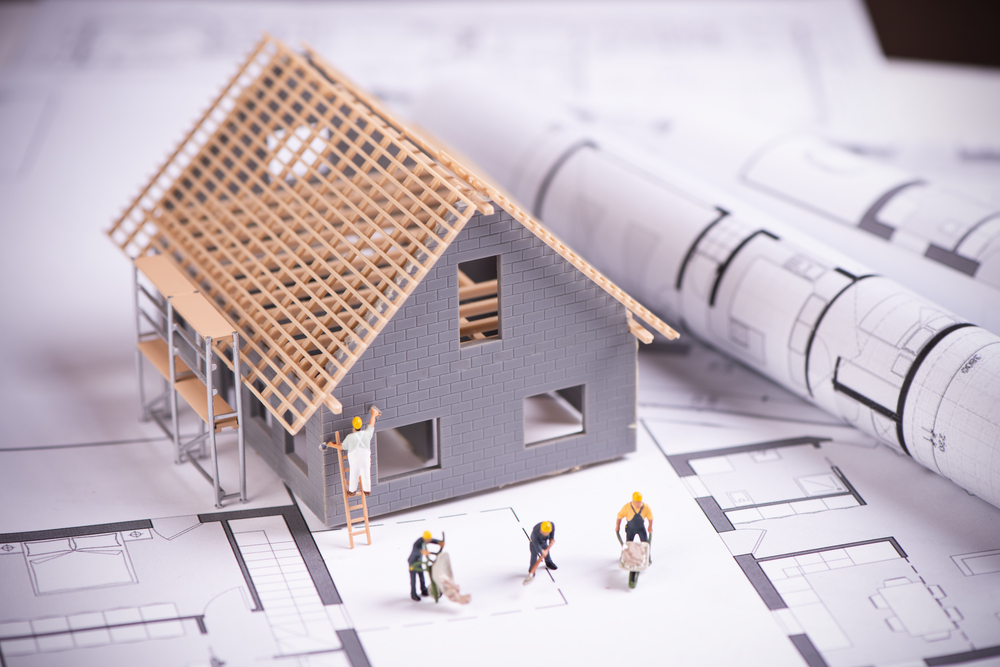






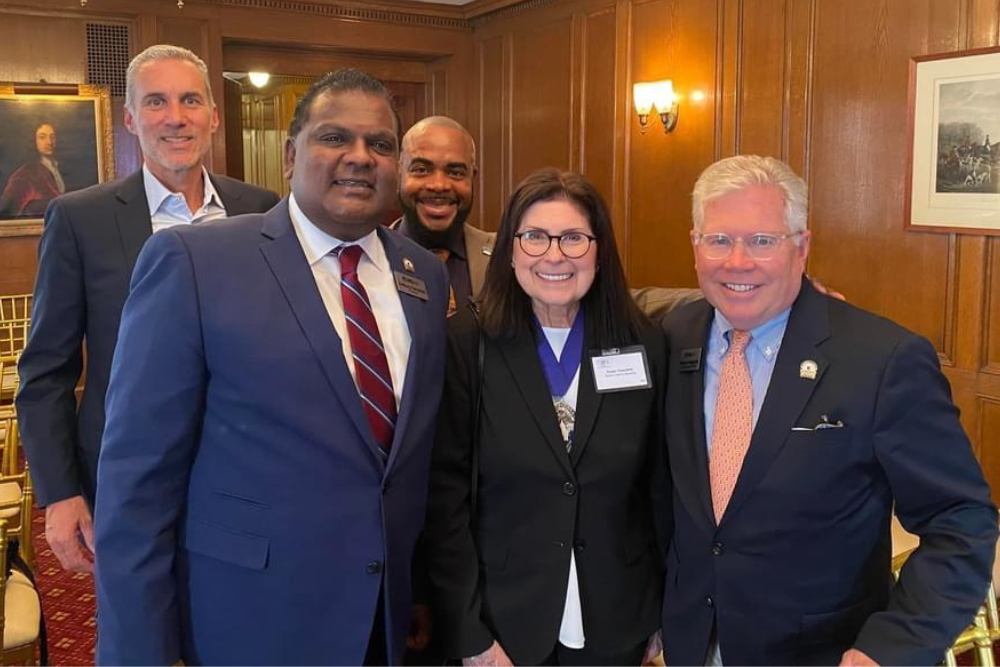
































































































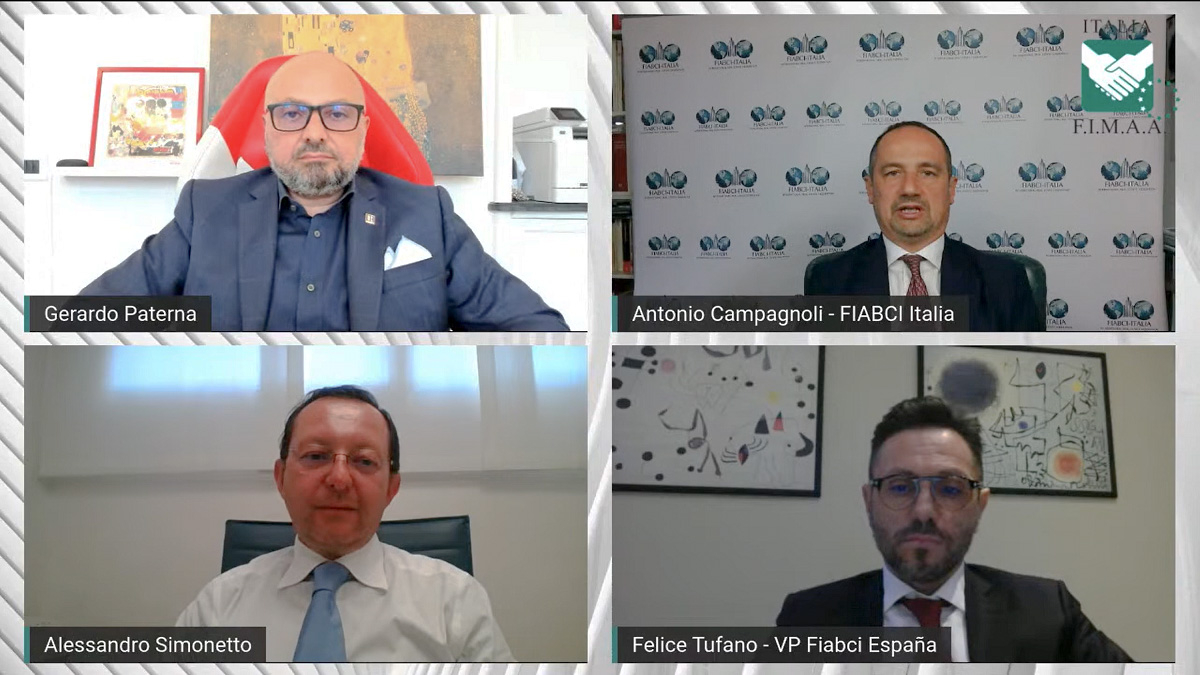


















































![[Webinar Summary] COVID-19: What lies ahead for the Real Estate Industry?](/uploads/news/9i1w05plq2ksbcswuyj5ze2nr.png)
































